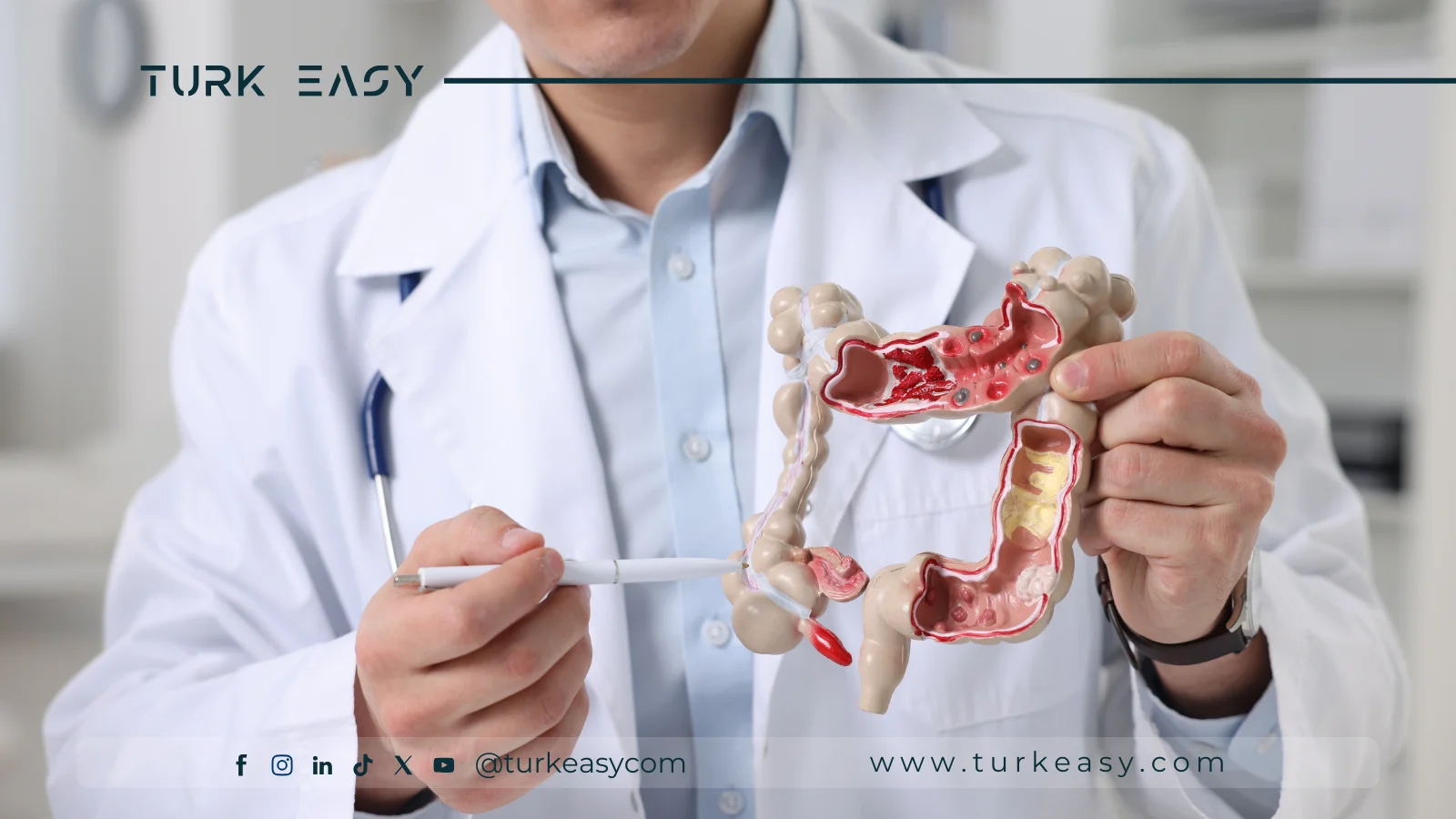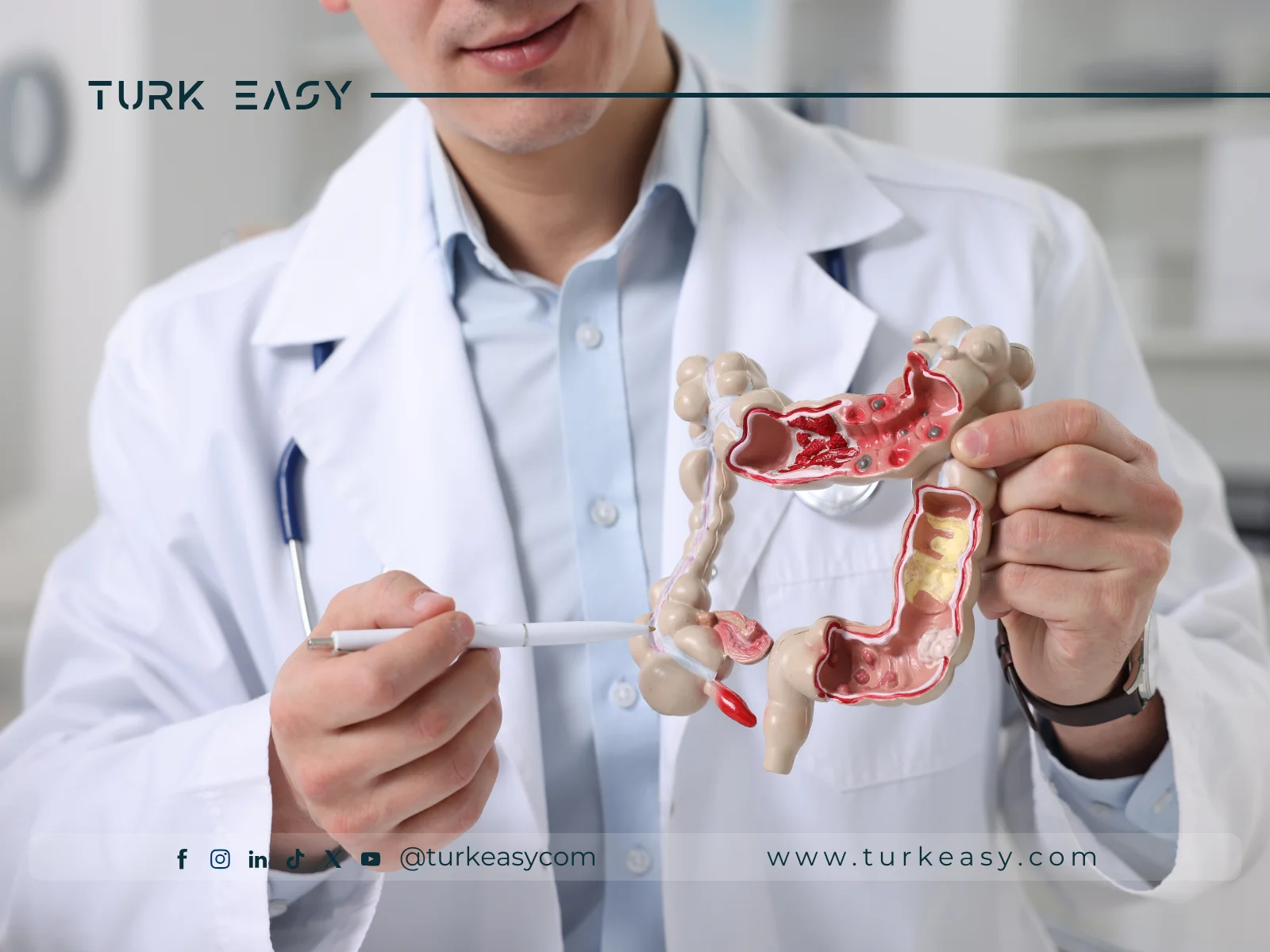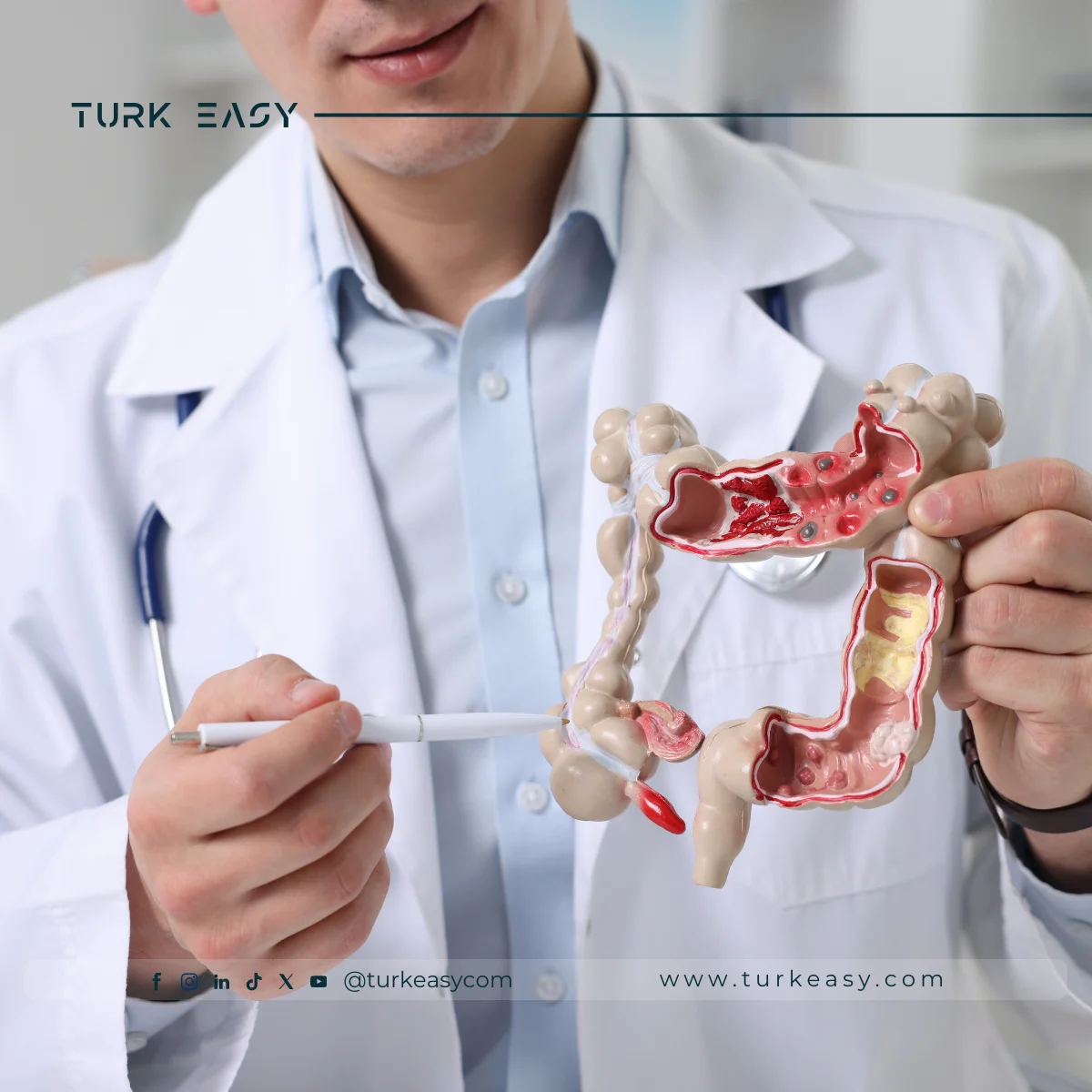Intestinal Atresia
Intestinal atresia is one of the congenital defects that a fetus is born with. It is natural for the intestines to be an open tube that extends from the stomach to the anus. However, when there is an obstruction in a small or large part of it, we are dealing with a serious condition that can lead to serious complications for the baby's health.
What is Intestinal Atresia?
In most cases, the fetus grows normally without any problems, where the contents of the child's stomach flow smoothly through its digestive system. However, with intestinal atresia, which is an increase in the growth of some cells inside the duodenum, this leads to its obstruction. As a result, it loses an important part of its function, reducing its ability to absorb nutrients or allow food and liquids to pass through the baby's digestive system.
Types of Intestinal Atresia
There are several types of intestinal atresia, named according to the location of the obstruction:
- Gate Atresia: It is the opening between the stomach and the small intestine, which is rarely obstructed.
- Duodenal Atresia: This type of intestinal atresia is the most common.
- Jejunal Atresia: The jejunum is part of the three sections that make up the small intestine.
- Colonic Atresia: It is one of the types of intestinal atresia.



